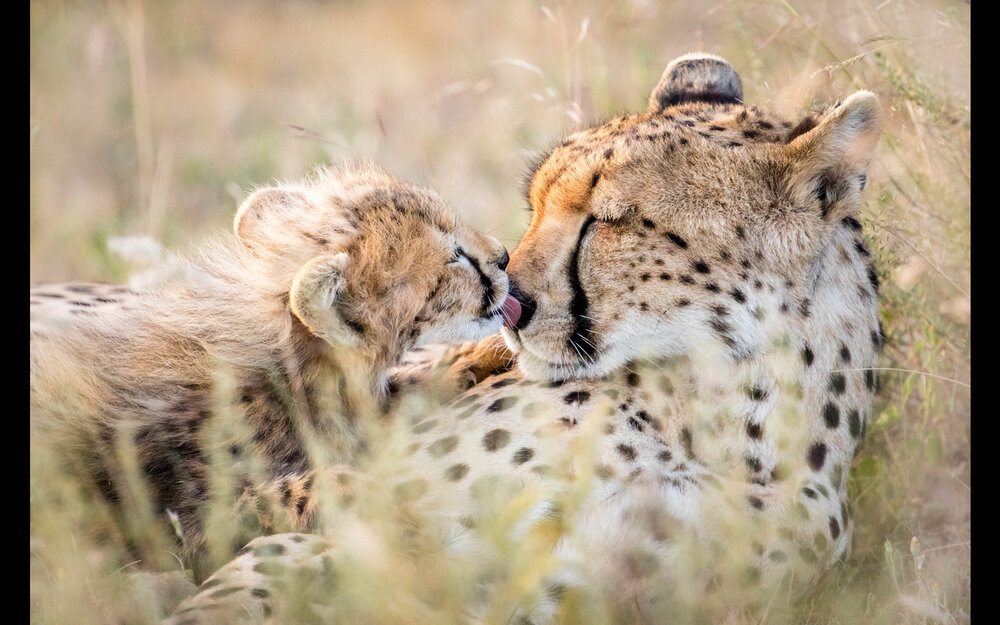Asiatic cheetah kept in captivity may possibly reproduce

TEHRAN — Asiatic cheetah, also known as Delbar, which is being kept in captivity at Tehran’s Pardisan Park may possibly reproduce within the next 50 to 60 days, deputy chief for natural environment and biodiversity directorate at the Department of Environment (DOE) has said.
Artificial insemination was performed on Delbar some time ago and whether the procedure has been successful or not will be clear within the next two months, IRNA news agency quoted Zohrabi as saying Monday.
Artificial insemination is a method of treating infertility by inserting semen directly into a womb.
DOE’s priority is to safeguard the precious Asiatic cheetah in its natural habitat, however, taking other measures such as captive breeding should not be overlooked, Zohrabi highlighted.
Last year (March 2018-March 2019) Delbar was physically prepared for mating with Kushki (the male Asiatic cheetah in captivity), however, possibly due to Kushki’s old age, the two didn’t breed, he regretted.
Zohrabi went on to say that “that’s why we introduced sperm into Delbar’s cervix for the purpose of achieving a pregnancy, and the results will be announced within 60 days.”
Nonetheless, the method didn’t prove to be effective much worldwide, but we take our chances, he suggested.
Commenting on Iran, another Asiatic cheetah living in captivity at Pardisan Park, Zohrabi noted that the young cheetah appears to be ready to mate, so that it is most suitable for her to conceive naturally.
Listed as critically endangered by the IUCN, the Asiatic cheetah is among the rarest cats in the world at subspecies level, with fewer than 50 believed to remain in Iran.
Roads fragmenting cheetahs’ habitats are the main threats for the species, while guard dogs and stray dogs, drought spells, decreasing population of the prey species to support the cheetahs, and habitat loss are also other factors endangering the sparse population of the cheetahs in the country.
Abbasabad-Mayami road, linking north-central Semnan to Mashhad, northeastern province of Khorasan Razavi, is one of the deadliest roads for Asiatic cheetahs as 8 cheetahs have been killed in this area over the past 10 years.
MQ/MG
Leave a Comment